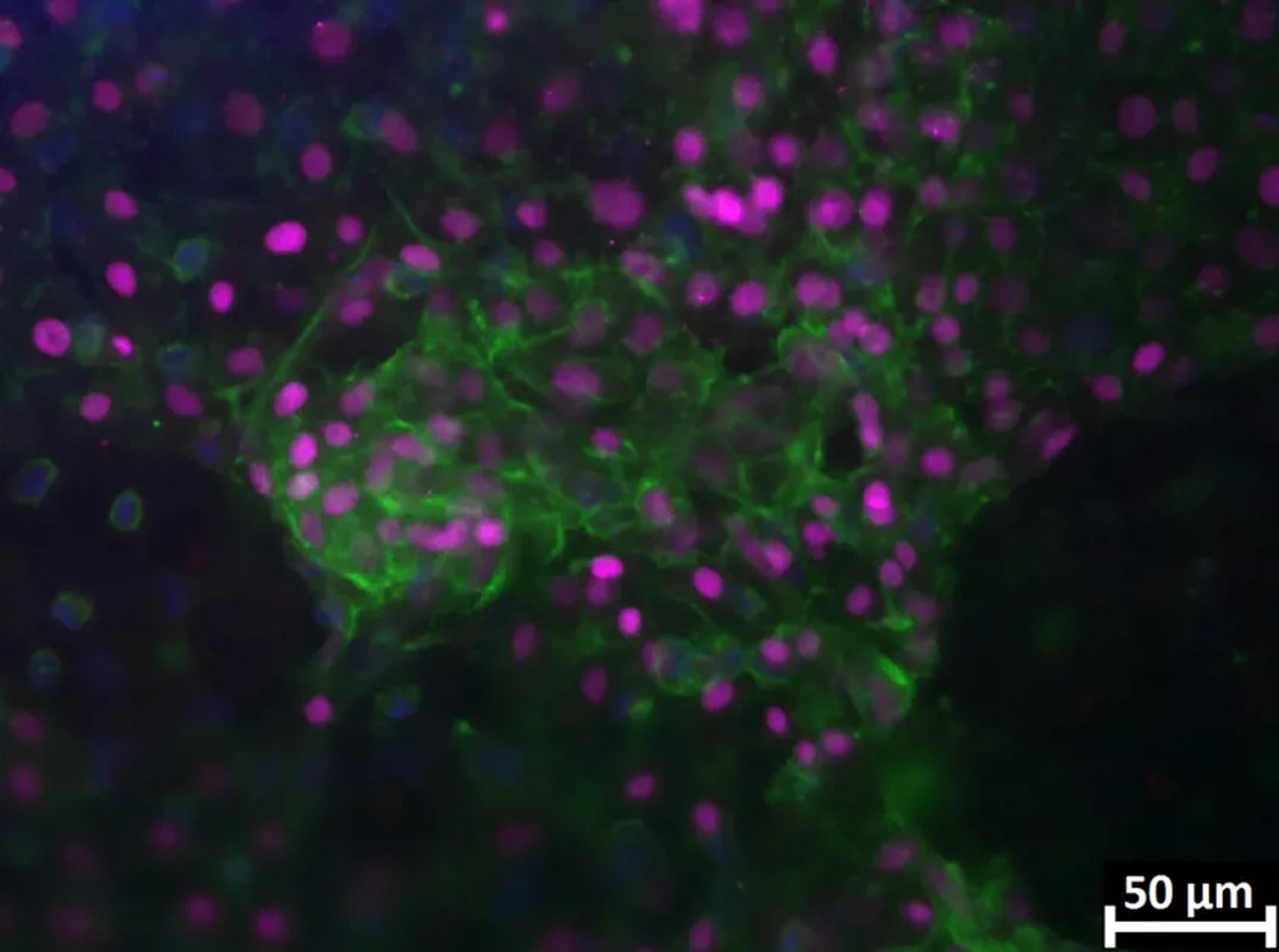Cutting edge: Scientists studying human tissue self-assembly will try to grow human liver tissue in space next year. The microgravity of the ISS provides a perfect environment to allow cells to replicate without the need for dishes or matrixes, which can contaminate cultures.
Dr. Tammy T. Chang of the University of California, San Francisco, is leading a research project that uses the microgravity environment on the International Space Station (ISS) to develop human liver tissue. This approach addresses limitations in current tissue engineering techniques and potentially improves liver transplantation methods.
Traditional tissue engineering methods often rely on artificial matrices to provide a framework for cell growth. However, these matrices can introduce foreign materials and alter cellular function. Dr. Chang's research takes a different approach by using microgravity conditions in space to allow cells to self-assemble naturally without the need for artificial matrices or culture plates used in Earth-based methods.
"Our findings indicate that microgravity conditions enable the development of liver tissues with better differentiation and functionality than those cultured on Earth," Dr. Chang said.
These stem cells are reprogrammed from normal human cells and can differentiate into various cell types, including liver cells.

Dr. Chang's team has developed a custom bioreactor called the "Tissue Orb," designed specifically for tissue self-assembly in zero-G environments to facilitate the self-assembly process. It mimics natural blood flow in human tissues and includes an artificial blood vessel and an automated media exchange system to simulate natural conditions for tissue growth.
Another part of the project involves developing advanced cryopreservation techniques to transport the engineered tissues from space to Earth safely. The research team is exploring isochoric supercooling, a preservation method that maintains tissues below freezing without causing damage. This technology could extend the shelf life of engineered tissues and may even work with whole organs in the future.
"Our goal is to develop robust preservation techniques that allow us to bring functional tissues back to Earth," Dr. Chang said.
The spaceflight experiment is scheduled for launch in February 2025. This research could lead to advancements in bioengineered tissues for various applications, including disease modeling, drug testing, and therapeutic implantation.
Dr. Chang is a board-certified surgeon specializing in gastrointestinal conditions and complex abdominal surgery, giving her a keen understanding of the clinical needs driving her study. Her work at UCSF spans clinical practice and innovative research, focusing on liver tissue engineering and regenerative medicine. The project has received support from several organizations, including the National Science Foundation (NSF), the International Space Station National Laboratory (ISSNL), and NASA's Translational Research Institute.
